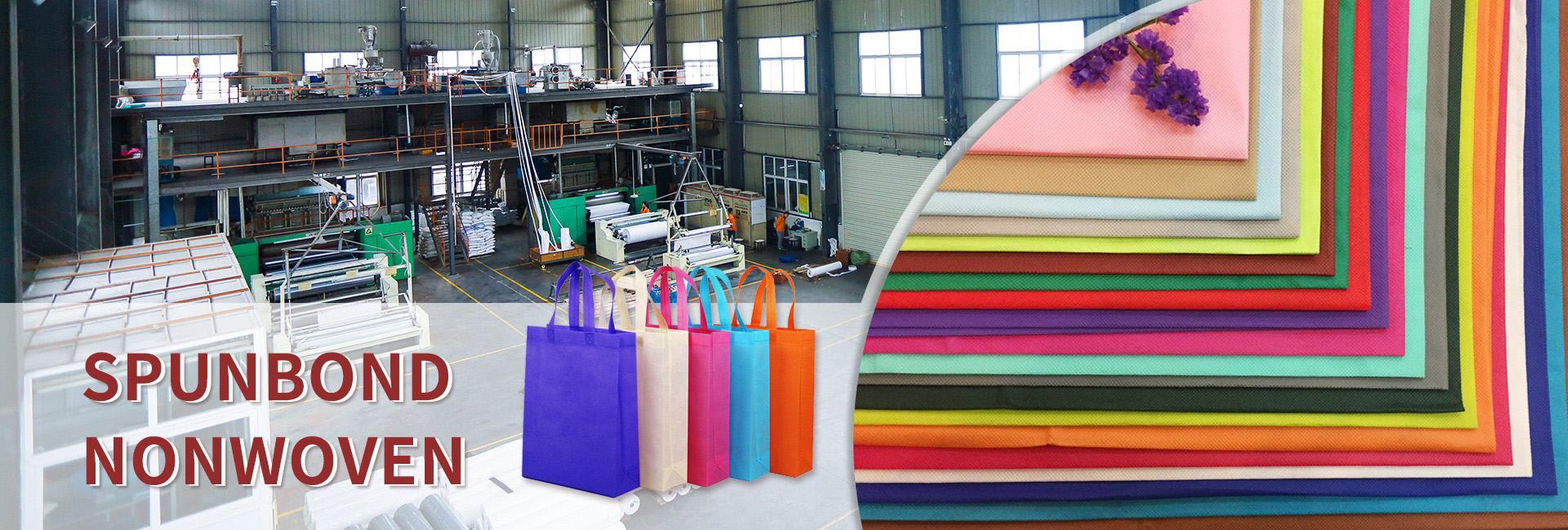A niche area in the textile recycling industry, nonwovens continue to quietly keep hundreds of millions of pounds of material out of landfills. Over the past five years, one company has grown to become one of the industry’s largest sources of “defective” nonwovens from major U.S. mills. Founded in 1968, Fibematics Inc. began manufacturing reinforcement materials (SRM) and nonwoven wipes processing in Philadelphia, Pennsylvania, and has since expanded into wipes processing in Southern California. In 2018 the company will celebrate its 50th anniversary.
Fibematics’ primary Philadelphia location is located in a historically underutilized business district (HUBZone) and is a Small Business Administration (SBA) HUBZone employer. The company currently has 70 employees and has seen revenues grow steadily in recent years, with the California plant enjoying success since it opened in 2014. “We repurpose an average of 5 million pounds of nonwovens per month,” said David Blueman, vice president of Fibematics. “Our focus is on SRM manufacturing, nonwoven cleaning materials processing and specialty industrial products trading.”
SRM is a material consisting of a high-strength fabric laminated with a polyester mesh, often meeting the stringent specifications of medical applications. For industrial applications, this material often starts as towel rolls and paper towels, which are rejected by factories for primary use and also as industrial SRM. It is used as an absorbent wiping material in industries such as cleaning and hygiene.
“SRM manufacturing is one of the oldest practices in the nonwovens industry,” Bluvman said. “The material continues to be in high demand due to its high durability and remains an economical choice for wipers (industrial products used to clean surfaces).”
At the high end of the market, Fibematics sends raw SRM to processors in China, where it is processed into products such as surgeon hand towels and disposable caps, surgical tray towels and small towels for medical kits. The products are then sent back to hospitals across North America.
At the lower end of the market, Fibematics purchases “second goods” from factories that produce “first goods,” such as tissues and paper towels. This lower quality material is reinforced with SRM to create a stronger product that is cut and sold as various types of wipers.
At Fibematics’ headquarters in Philadelphia, there are 14 machines that convert first and second materials into nonwoven wipes, giving these discarded fabrics a second life and keeping waste out of landfills. The resulting products have found end markets as the basis for new wipes, including specialty wet wipes and dry towels.
“Next time you’re at a barbecue restaurant, consider Fibematics and use napkins to clean up that messy sauce,” Bluvman joked. “The cleaning material could be from our factory!”
Fibematics also offers private label wipes and works with established and emerging hygiene companies coast-to-coast to help companies select the best nonwovens and wipe sizes for their business, as well as design custom logos and branded packaging.
Specifically, Fibematics processes and/or markets the following nonwovens: spunlace, airlaid, DRC, embossed fabric, meltblown polypropylene (MBPP), spunbond polypropylene (SBPP)/polyester (SBPE), polyethylene laminates, etc. , including source rolls and various nonwovens. . Converted format. Customized products include slitting/rewinding rolls, continuous towel rolls, perforated rolls, center pull rolls, checkerboard fold pop-ups, 1/4 pleats, 1/6 pleats, pleats 1/8 and flat sheets of various sizes.
The Company also offers a range of specialty products that are strictly limited in application and geography and are sold through strategic relationships in more than 30 countries on six continents. After purchasing recycled materials from U.S. plants, Fibematics processes and sells 10 to 15 million pounds of material overseas annually, all of which is carefully inspected before shipping.
Staying One Step Ahead According to Bluvman, Fibematics’ success is due in part to their ability to stay one step ahead of everyone in the industry and bring creative options to their clients.
For example, their sales vertical is strengthened by long-standing membership in the Association for Recycled Materials and Recycled Textiles (SMART), a relationship championed by Bluvman, who recently became the new chairman of SMART’s board.
“We work with a lot of SMART members in the napkin department, and they primarily sell napkins,” Bluvman explains. “These relationships help expand our customers’ businesses by allowing them to compete with larger companies by producing different types of wipers.
“We see more and more people pushing for biodegradability,” he continued. “Creating a product that is highly functional and functional, but also biodegradable, is a huge challenge. Unfortunately, the performance of current biodegradable nonwovens is not good enough. The challenge for our industry is to continue to innovate and continually strive to achieve the most environmentally friendly solutions possible .”
Bluvman added that Fibematics works hard to educate customers about the importance of nonwoven wipes, noting that studies show disposable nonwoven wipes are less harmful to the environment than laundered textile towels.
From restrooms to factory floors, Fibematics products are helping to replace traditional textile towels, napkins and napkins around the world.
“We will continue to adapt to global market conditions and create new sales channels for existing and new windshield wiper technologies through our well-established global network of customers and suppliers,” Bluvman said.
This article originally appeared in the September 2018 issue of Recycled Products News, Volume 26, Issue 7.
We use cookies to improve your experience. By continuing to visit this site, you agree to our use of cookies.
Post time: Nov-15-2023

